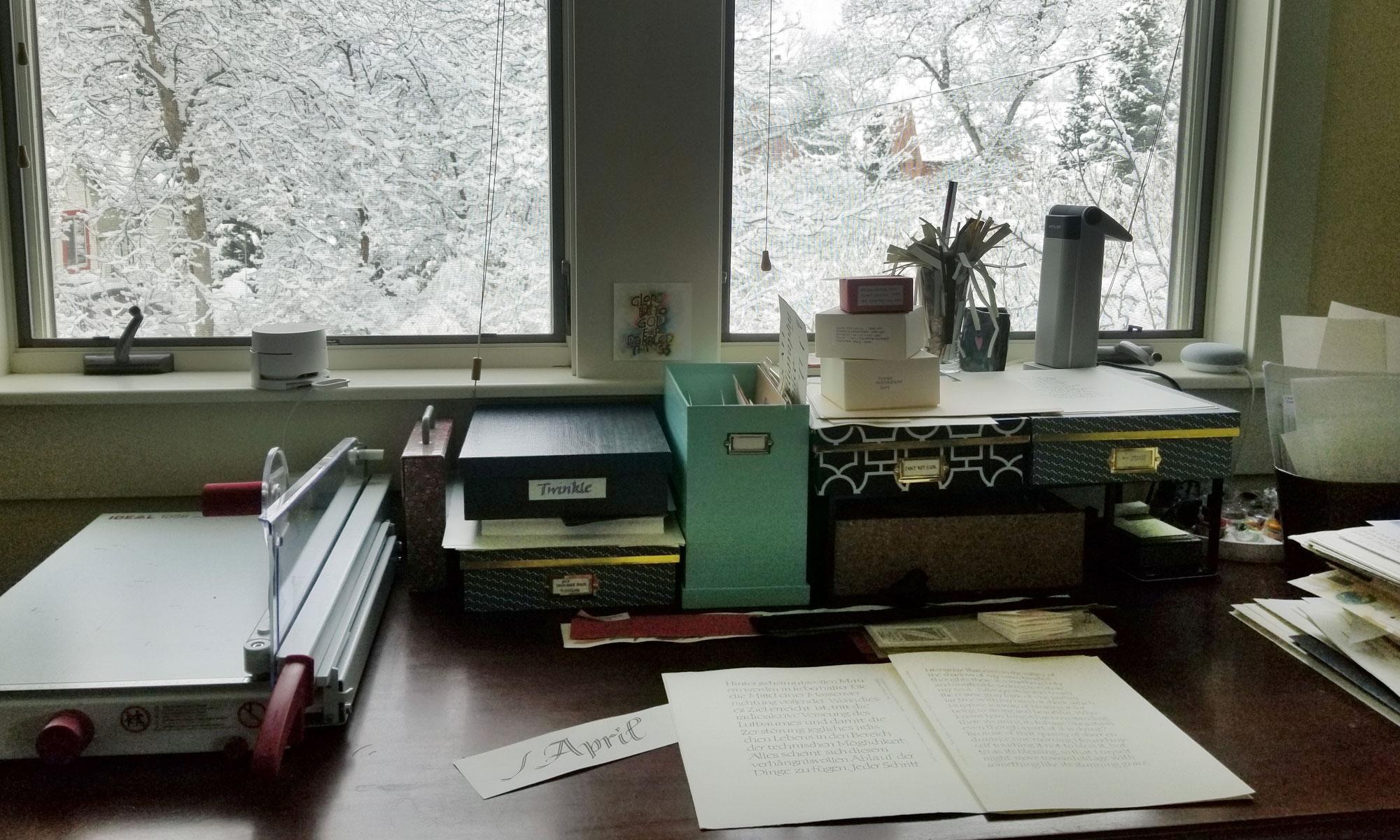The other night I saw the movie “Wordplay”, an absorbing documentary about the crossword puzzle world. It features Will Shortz, the man who has influenced crossword puzzles so profoundly in the past couple of decades, as well as several expert puzzle makers and solvers.
My thoughts keep returning to the following bit in the movie. The narrator begins by saying that most expert crossword solvers come from math or music backgrounds, and speculates that this is true because both mathemeticians and musicians are practiced in, and probably drawn to, decoding written symbols in real time. One of the expert crossword solvers featured in the movie is also a musician — a pianist — and he accompanies contestants who participate in the talent show at the annual crossword puzzle contest. He usually practices with the contestants just once (if at all) before the talent show, and so his accompaniment is necessarily a real-time decoding of the music. He describes the satisfaction of being able to do this, and the sense of flow that comes with the process. I really identify with this description, both as a musician and a calligrapher. It’s probably why I’ve always been a better sight reader than a memorizer. I really love that decoding process.
Both music and calligraphy occur in time. It’s this relationship of time to calligraphy that sets novice calligraphers apart from master calligraphers. I can’t remember which teacher has described calligraphy as a record of a performance. Sheila Waters once said that it was more important to get the rhythm of lettering, and then work on the shapes — strong words from The Stickler for letterforms!
Ewan Clayton has been experimenting with teaching calligraphy by gesture rather than by structure. This approach could lead to a revolution in calligraphy education along much the same lines as the revolution that the Suzuki method brought to violin education. My son, who has had ten years of Suzuki violin education, has a very different kinetic understanding of music than do I, who learned scales and letter names and theory well before any teacher began to teach me about phrasing and different touches.
